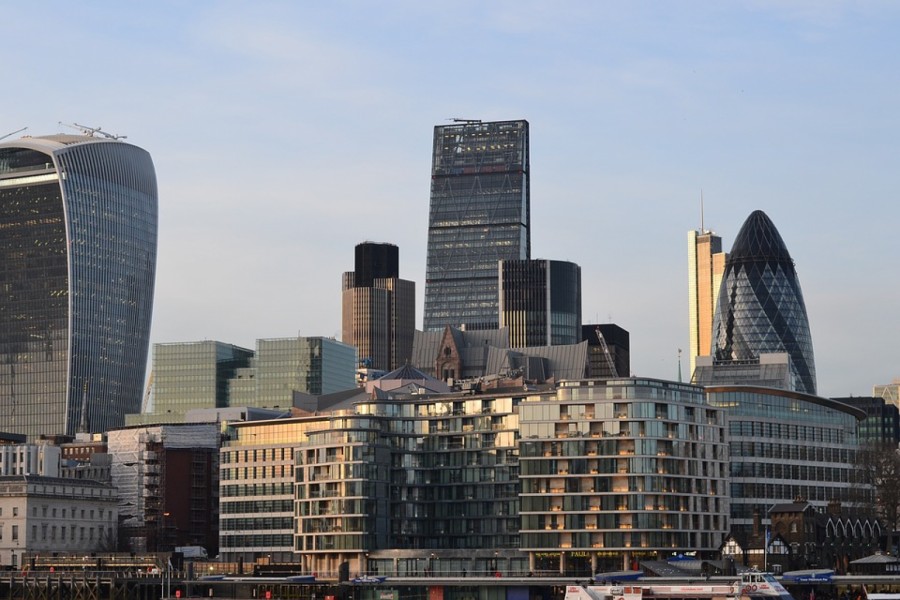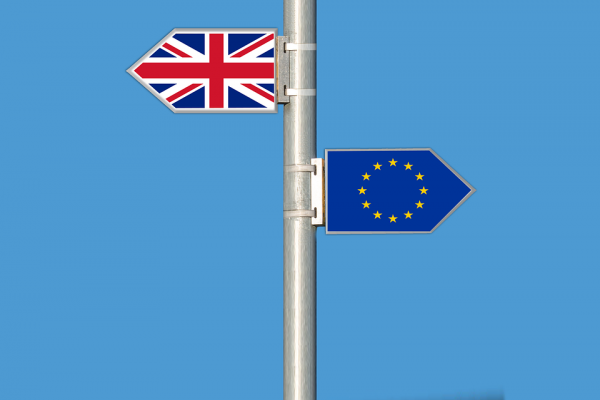At the beginning of the year, experts were confidently predicting further price growth in the UK housing market. Although the growth was not expected to be as strong as that witnessed in 2015, rises of up to 8% were said to be on the cards in some parts of the UK as the boom in the London market rippled out across the country.
Most analysts agreed that the biggest price rises were likely to be in the south east and the east of England but also predicted strong growth in northern cities such as Manchester, Liverpool and Leeds. As for the London market itself, the UK’s leading property portal expected growth of around 6%.

Of course, these forecasts were being made at a time when the possibility of the UK voting to leave the European Union appeared as remote as the prospect of a new Prime Minister being installed in Downing Street my midsummer. Now that both these abstract ideas have become concrete reality, the property market has been among the first to suffer from the Brexit fall out.
The initial indication that the market has got the jitters came when a number of commercial property funds closed to prevent panicking investors withdrawing from the schemes. This was not surprising given the fears that overseas financial institutions may choose to relocate to destinations within the EU which are suitable for investment, resulting in impending voids in the London office market. But it’s now clear that the housing market has entered a period of uncertainty too.
According to property data firm LonRes (FT, July 18), the number of cuts to asking prices in the central London market since the Brexit vote has soared by a huge 163%. Significantly this has not led to a corresponding surge in sales, with completed transactions falling by 18%, compared with figures immediately prior to the referendum, and by 43% year on year. Prices in the London luxury market have been falling for some time but with questions surrounding post-Brexit visa status, overseas buyers now face a period of uncertainty.

Elsewhere, surveyors across the country are reporting a slowdown of activity in the housing market since the Brexit vote. While the summer months are traditionally quiet, the fall in asking prices in the regions suggests the Brexit vote is an added factor this year. For example, in Yorkshire the average asking price is currently £174,614, a fall of 2.1% on figures prior to the referendum. In the Midlands prices have fallen by 0.2% to an average of £197,705.
Tumbling prices are likely to encourage prospective buyers to delay purchases in anticipation of greater discounts, leading to a further slowdown. However, this may prove to be a sort term contraction of the market, with activity increasing when buyers believe they are getting value for money.
With analysts predicting a short, sharp shock for the UK economy in the aftermath of the Brexit vote, falling house prices should come as no surprise. Indeed, the falls witnessed to date have not been on the scale of some of the more gloomy forecasts immediately prior to the referendum. How low prices will fall before confidence returns to the market remains to be seen, but for those prepared to act now the post-referendum UK housing market could present a lucrative long-term investment opportunity.









